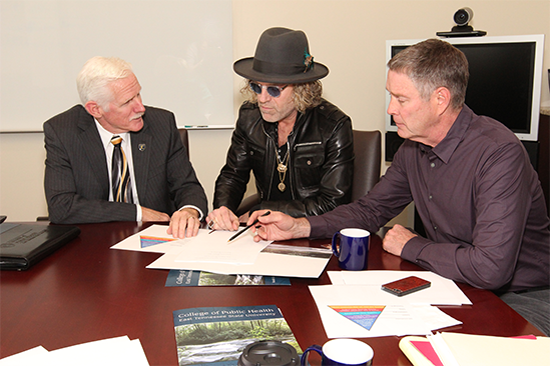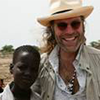Conclusion
 Besides the over-arching principle of compassion for each other, the problems on our
list all have something else in common—they can all be solved. There is nothing we
have listed that couldn’t be put back on track if we all agreed to accept the challenge.
Besides the over-arching principle of compassion for each other, the problems on our
list all have something else in common—they can all be solved. There is nothing we
have listed that couldn’t be put back on track if we all agreed to accept the challenge.
It may be as simple as some kind words or a pat on the back, or a complicated as working together to re-think some of the basic infrastructure of our society. But it all starts with the most fundamental concept of all—we have to decide that we do, in fact, care deeply, about each other.
Are you ready to take your place? Are you ready to care?
Join the conversation. Research these issues yourself and learn as much as you can about the issues and the people and organizations committed to changing them. Then, share what you learn with us!
Let’s focus the dialogue on identifying those challenges that threaten people’s health around the world, and, ultimately, on how we can work together to address these challenges.
The only “rule” we ask—keep the dialogue positive and constructive. Keep compassion in your heart.
Big Kenny saw the same kind of stewardship in his family. His grandmother, during WWII, was known to knit two sweaters a week—at night, in her spare time, after completing the daily hard work of the farm—to give to others in need. His father has volunteered tirelessly, helping in his community with everything from building and supporting the local volunteer fire department to serving on the board of education and rural electrification.
Bill’s family comes from a long line of pioneers—people who opened up and settled the new frontier in America. More recent members of his family have focused extensively on helping other people through the delivery of healthcare—both in the United States and around the world.
It can be argued that compassion once defined who we are as Americans. You can, if you wish, define it in terms of religious faith. You can call it social justice. Or you can simply describe it as true patriotism. But no matter how you define it, let’s start with a return to a fundamental and basic principle—that we care. We care enough about each other to not let children die because they can’t have access to a basic medication. That women and girls anywhere should not be put at risk simply to find safe drinking water. That we care enough to not allow our fellow citizens to die young because they are poor. That we care enough to make a commitment to protect our environment as the future home of our children and their children—even if it means less economic benefit can be derived from it.
The authors would like to thank Ms. Katie Neel, MPH, for conducting initial fact-checking
for this article. The authors would also like to thank Alli Proffitt, Kate Etue, Brad
Lifford, and Dara Young for remarkably thoughtful and insightful editing and other
invaluable contributions.
This article reflects the personal views of the authors and does not necessarily represent
the views of their employers, co-workers, or others.
| Title | Info |
|---|---|
| Blog Posts |
Natural and Man-Made Disasters The U.S. Criminal Justice System Creativity and Freedom of the Press |
 Sam Wilson West Parking Lot C...
Sam Wilson West Parking Lot C... 

